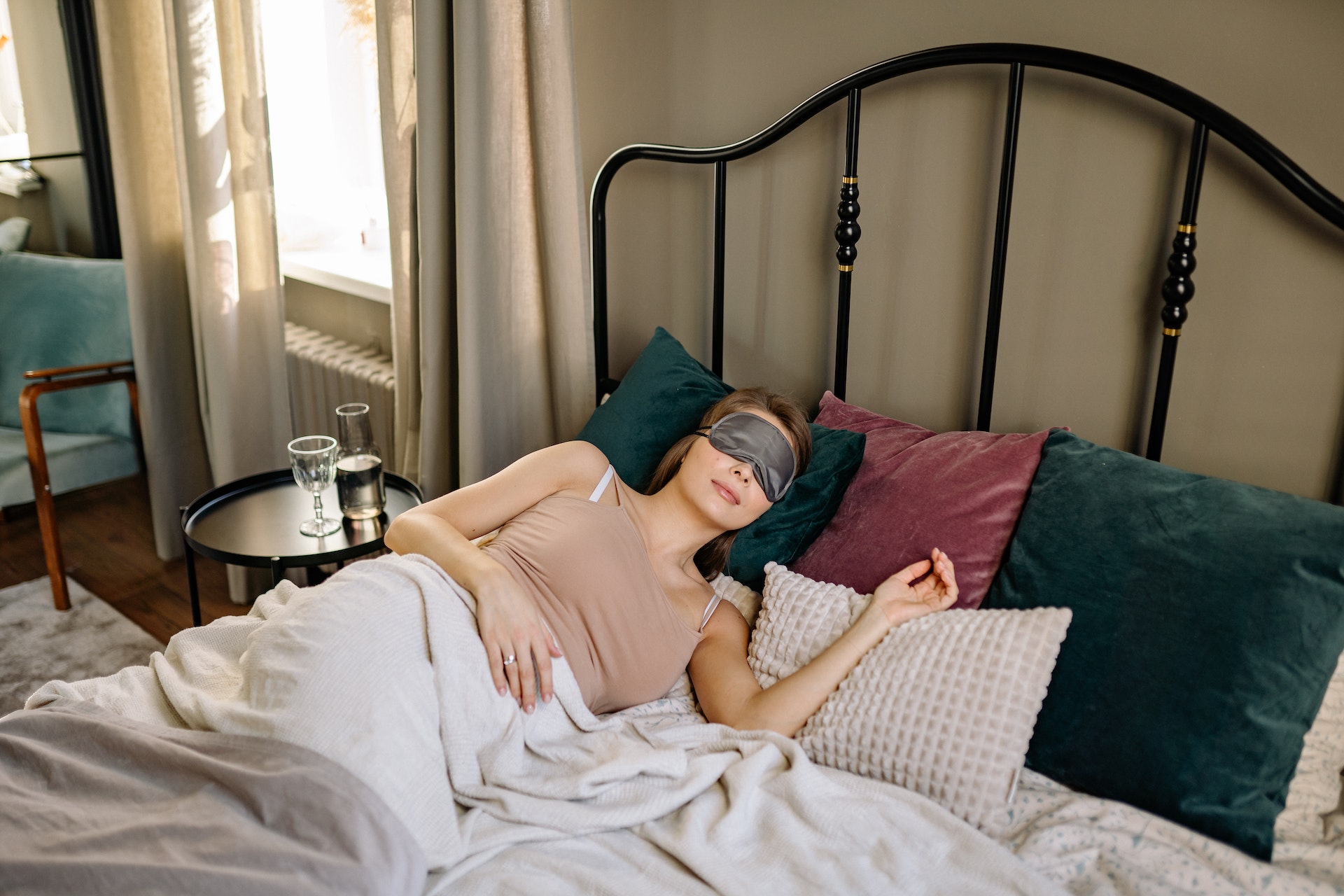The Ultimate Guide to Sleep Hygiene: Habits and Tips for a Restful Night

Sleep is a vital part of our lives, yet many struggle to get enough quality rest. In today’s fast-paced world, the importance of sleep hygiene often gets overshadowed by daily stresses and distractions. But what if we told you that simple changes in your routine could lead to deeper, more restorative slumber?
Imagine waking up feeling refreshed and energized instead of groggy and irritable. It’s entirely possible with the right habits in place. This guide will take you through essential tips for improving your sleep hygiene—from setting a consistent schedule to creating an environment that invites relaxation.
Get ready to transform your nights into peaceful escapes where sweet dreams thrive! Let’s dive deep into the art of sleeping well, so you can wake up ready to conquer each day with enthusiasm.
Understanding Sleep Hygiene: What It Is and Why It Matters
Sleep hygiene refers to the practices and habits that promote consistent, quality sleep. It’s more than just hitting the pillow at a certain time; it encompasses various lifestyle choices that influence how well we rest.
Understanding sleep hygiene is crucial because poor sleep can affect every aspect of life. It impacts mood, cognitive function, and even physical health. When we neglect our sleeping patterns, stress levels can rise, leading to a cycle of exhaustion.
Implementing solid sleep hygiene practices helps create an environment conducive to restful nights. This means recognizing what works for you—whether it’s dimming lights or minimizing screen time before bed.
Prioritizing your sleep isn’t just about getting enough hours; it’s about fostering a deep sense of relaxation and wellness each night. By caring for your nighttime routine, you’re investing in better days ahead.
Setting a Consistent Sleep Schedule
Establishing a consistent sleep schedule is vital for achieving quality rest. It trains your body’s internal clock, making it easier to fall asleep and wake up naturally.
Aim to go to bed and rise at the same time every day, even on weekends. This helps regulate your circadian rhythm, which can lead to deeper and more restorative sleep.
If you find yourself restless at night, consider adjusting your bedtime gradually. Shift it by 15 minutes earlier or later until you reach your desired sleep window.
Avoid late-night distractions like screens or stimulating activities right before bed. Create a calming pre-sleep routine instead—read a book, practice gentle stretches, or listen to soothing music.
Remember that consistency doesn’t mean rigidity; flexibility is okay when necessary. Just keep those core times intact for better overall well-being.
Creating a Sleep-Friendly Environment
Your bedroom should be a sanctuary for sleep. Start by decluttering the space. A tidy room can lead to a clear mind.
Next, consider the lighting. Dim lights signal your body that it’s time to wind down. Blackout curtains can block out unwanted brightness from outside.
Temperature plays a crucial role too. Keep your room cool, ideally between 60 and 67 degrees Fahrenheit. This range promotes deeper sleep cycles.
Noise is another factor to address. If sounds disrupt your rest, white noise machines or earplugs can help mask disturbances.
Invest in comfortable bedding and pillows that suit your sleeping style. The right mattress supports restful nights and minimizes tossing and turning throughout the evening.
The Impact of Nutrition and Hydration on Sleep
Nutrition plays a significant role in the quality of your sleep. What you eat can either enhance or disrupt your slumber. Foods rich in magnesium, like leafy greens and nuts, help relax muscles and calm nerves, making it easier to drift off.
On the other hand, heavy meals close to bedtime can lead to discomfort and indigestion. It’s wise to avoid spicy or fatty foods right before sleep.
Hydration is equally crucial. Dehydration may cause nighttime awakenings due to thirst or discomfort. However, drinking too much water just before bed can lead to frequent bathroom trips during the night.
Aim for balanced hydration throughout the day rather than chugging liquids at night. This approach ensures that you’re well-hydrated without compromising your precious rest time.
Incorporating light snacks like yogurt or bananas into your evening routine might also be beneficial for promoting restful sleep without overdoing it on calories.
Mindful Practices for Reducing Stress Before Bed
A calm mind leads to restful sleep. Mindfulness practices can help you unwind at the end of a hectic day.
Start with deep breathing exercises. Inhale slowly through your nose, filling your lungs completely. Hold for a moment and exhale gently through your mouth. Repeat this for several minutes to release tension.
Consider engaging in gentle yoga or stretching before bed. This helps relax muscles and eases any physical discomfort accumulated during the day.
Journaling can also be beneficial. Spend a few moments writing down your thoughts, worries, or things you’re grateful for. It clears mental clutter and paves the way for tranquility.
Meditation is another effective tool to incorporate into your nightly routine. Even just five minutes of focusing on your breath can shift your mindset from chaotic to peaceful.
These mindful practices create an inviting atmosphere that encourages deeper sleep when it’s time to rest.
The Role of Physical Activity in Enhancing Sleep Quality
Physical activity plays a crucial role in achieving better sleep. Engaging in regular exercise helps to reduce anxiety, alleviate stress, and improve your overall mood. When you move your body, it triggers the release of endorphins—those feel-good hormones that can make you feel more relaxed.
Aim for at least 30 minutes of moderate aerobic activity most days of the week. This could include activities like walking, jogging, cycling, or swimming. Not only does this help regulate your body’s internal clock but also promotes deeper and more restorative sleep cycles.
Timing is important too; try not to engage in vigorous exercise right before bed as it may energize rather than relax you. Instead, opt for morning workouts or early evening sessions if possible.
Incorporating physical activity into your daily routine can create a positive feedback loop: better sleep leads to increased energy levels during the day which then encourages more movement—a win-win situation!
By focusing on these various aspects of sleep hygiene—consistent schedules, creating an inviting environment, mindful practices for calming the mind and nourishing your body—you lay down a solid foundation for restful nights ahead. Your journey towards improved sleep starts with small changes today!
Disclaimer: this article does not constitute either medical or any other type of advice. The article contains the author’s personal opinion and personal conclusions and observations. If you have sleep problems or interested in other issues related to it, it is better to consult medical expert e.g. your doctor etc.









